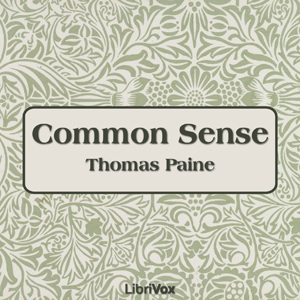- What Is the Promise of American Life?
- How the Promise has been realized
- How the Promise is to be realized
- The Federalists and the Republicans
- Federalism and Republicanism as opponents
- Federalism and Republicanism as allies
- The Democrats and the Whigs
- The New National Democracy
- The Whig failure
- Slavery and American Nationality
- Slavery as a Democratic Institution
- Lincoln as more than an American
- The Contemporary Situation and Its Problems
- The Development of the Business Specialist
- The Development of the Political Specialist
- The Labor Union and the Democratic Tradition
- Government by Lawyers
- American Democracy and the Social Problem
- Reform and the Reformers
- The Logic of Reform
- William J. Bryan as a Reformer
- William Travers Jerome as a Reformer
- William R. Hearst as a Reformer
- Theodore Roosevelt as a Reformer
- The Reformation of Theodore Roosevelt
- Reconstruction: Its Conditions and Purposes
- Democracy and Discrimination
- Constructive Discrimination
- The Bridge between Democracy and Nationality
- Nationality and Democracy: National Origins
- The Implications of National Development
- Nationality and Democracy in England
- Democracy and Nationality in France
- The Relation of German Nationality to Democracy
- Militarism and Nationality
- The American Democracy and Its National Principles
- Nationality and Centralization
- The People and the Nation
- A National Foreign Policy
- A stable American international system
- Democracy and Peace
- Problems of Reconstruction: Part 1 - State Institutional Reform
- State Administrative Reform
- Possibilities of effective state action
- Problems of Reconstruction: Part 2
- The recognition of Industrial Organization
- The fruits of Industrial Organization
- Taxation and inequalities in wealth
- The organization of Labor
- Conclusions: The Individual and the National Purposes - Individual vs. Collective Education
- Conditions of individual emancipation
- Attempts at individual emancipation
- Means of individual emancipation
- Constructive individualism
The book is said to "offer a manifesto of Progressive beliefs" that "anticipated the transition from competitive to corporate capitalism and from limited government to the welfare state." By Croly’s death in 1930, only 7,500 copies of The Promise of American Life had been sold. Despite this, the book was immensely influential, even influencing Theodore Roosevelt to adopt the platform of The New Nationalism.
There are no reviews for this eBook.
There are no comments for this eBook.
You must log in to post a comment.
Log in











